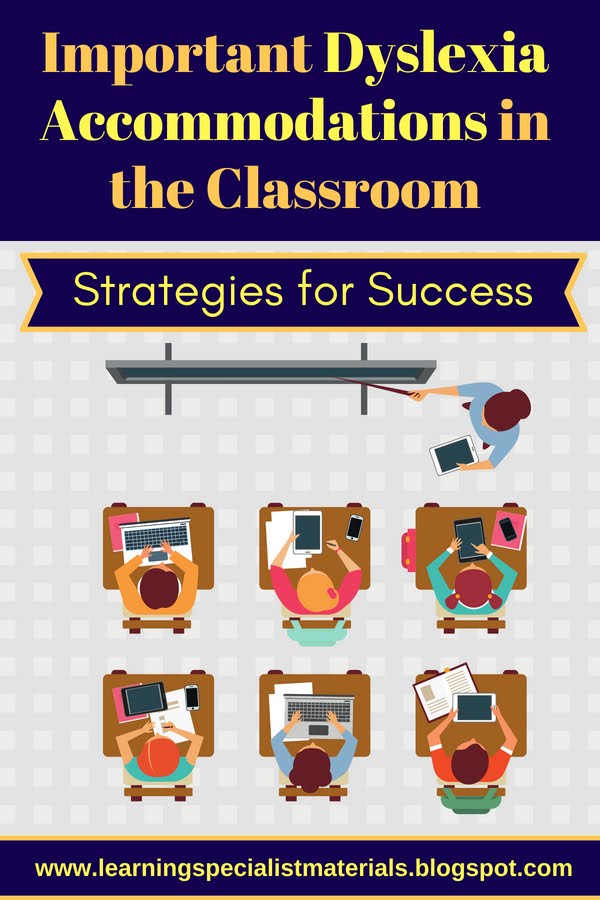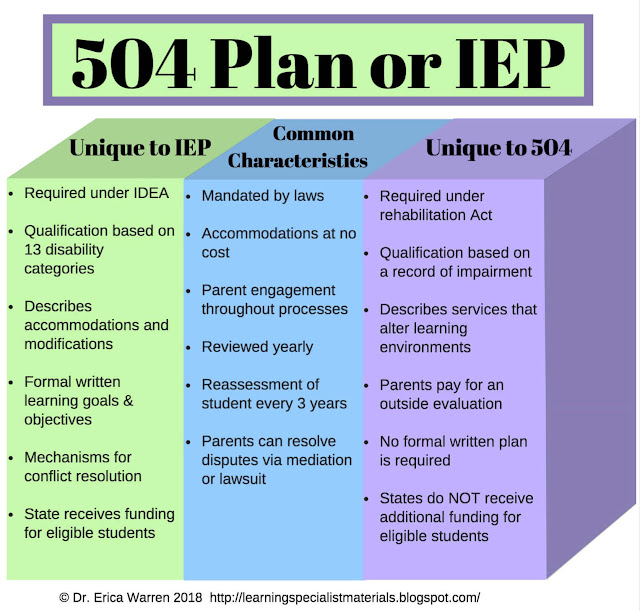This week I wanted to tell you about my online store, Good Sensory Learning. I’m Dr. Erica Warren, and I established this site so I could share all the materials that I have created over the last 20+ years as a learning specialist and educational therapist. When I first began my private practice, Learning to Learn, I had great difficulty finding fun and multisensory materials for my students that were effective and engaging. So back in 2005, I made it my mission to design and distribute high-end, remedial products as well as memorable, motivating lessons that bring delight to learning. If you would like to try a free sampling of my activities , CLICK HERE . How Are the Products Organized at Good Sensory Learning? You can download my Free Printable Catalog or you can browse the site using the grey “search all products” bar in the top right of any page with keywords such as dyslexia, working memory, and executive functioning. What’s more, drop down menus in the red banner allow you t...
Getting a school to recognize, test, and then accommodate your child with dyslexia can be an arduous and frustrating task.

Although public school systems can accommodate the individual needs of our struggling students, many administrators don’t like to tap into the general education coffers for a single student. As a result, parents often have to rally and wrestle to obtain reasonable accommodations for their children with dyslexia and other disabilities that impact learning. The key to navigating this slippery slope is to understand the laws, the lingo as well as the menus of mandated accommodations and modifications.


Although public school systems can accommodate the individual needs of our struggling students, many administrators don’t like to tap into the general education coffers for a single student. As a result, parents often have to rally and wrestle to obtain reasonable accommodations for their children with dyslexia and other disabilities that impact learning. The key to navigating this slippery slope is to understand the laws, the lingo as well as the menus of mandated accommodations and modifications.
What are my Options?
There are two options for acquiring accommodations:- 504: A 504 is a formal plan that protects the rights of students with disabilities in school. Covered under Section 504 of the Rehabilitation Act, this civil rights law gives students with disabilities access to services and supports in the general education classroom. There are no mandated rules on the format or contents of a 504 plan. The only thing a school has to document in writing are their policies on 504 plans. If a student needs specialized instruction, it may be time to arrange a meeting with your school to discuss implementing an IEP instead of a 504 plan.
- IEP: Under IDEA, any student with a disability that requires classroom accommodations must have an Individualized Education Plan (IEP). Prepared by a team of school officials, teachers and parents, the IEP should include:
- Current academic achievement
- Measurable goals
- Progress reports
- Reasonable accommodations

What is a Reasonable Accommodation?
A reasonable accommodation describes an alteration of the learning environment, curriculum format, or equipment that allows an individual with dyslexia to gain access to content and/or complete assigned tasks. To learn more about the distinction between accommodations and modification CLICK HERE.What are Some Possible Reasonable Accommodations for Students with Dyslexia?
Overall Teaching Accommodations:- Provide a consistent daily routine.
- Make sure documents are well organized and are not too visually dense.
- Preview new topics and review the vocabulary.
- Review old topics to assure the retention of knowledge.
- Use small group or one-to-one instruction.
- Break projects into organized activities with clear expectations and deadlines.
- Offer reminders to write down and turn in assignments.
- Offer modified/reduced in-class and homework assignments.
- Provide extended time for homework assignments.
- Check for student understanding prior to assigning homework.
- Offer a list of homework assignments that are accessible to the student as well as the parents.
- Provide a foreign language substitution, waiver, or exemption.
- Offer an additional set of textbooks for use at home.
- Allow the use of a tablet or computer to take notes or complete assignments.
- Provide audiobooks through organizations such as RaziKids, Learning Alley or Bookshare.
- Provide a picture of directions and schedules.
- Offer extra time when reading.
- Shorten reading assignments.
- Simplify directions and highlight keywords.
- Provide oral directions, check for understanding, and repeat directions - if needed.
- Offer a larger font with less content on each page.
- Provide text to speech and technology.
- Offer Orton-Gillingham based reading instruction.
- Provide pre-exposures or advanced notice of reading assignments.
- Offer colored overlays
- Provide highlighters to color code assignments and assessments
Spelling
- Supply the use of a computer with a spell check or a hand-held spell check.
- Do not penalize for incorrect spelling on classroom writing and tests.
- Offer a spelling bank
- Offer a reduced weekly spelling list
Writing
- Supply a copy of the teacher’s or another student’s notes. You can also provide notes with a few blanks for students to fill in.
- Shorten writing assignments.
- Offer a scribe for classroom writing assignments.
- Allow the use of a tape recorder or a Smart Pen.
- Provide a computer for written assignments and tests.
- Provide assistive technology such as speech to text, word prediction, spell checkers and grammar checkers.
- Do not deduct points due to sloppy writing.
- Do not require the student to copy information.
- Allow the use of graph paper for lining up math problems.
- Read word problems aloud and assist with tricky wording.
- Allow the use of math manipulatives and colored markers.
- Provide the use of a calculator or a multiplication chart.
- Grant time and a half or double testing time.
- Offer to test in a distraction-free location.
- Avoid scantrons and allow the student to write directly on the test.
- Simplify and reword questions on language loaded tests.
- Provide short breaks when needed.
- Permit the use of a calculator during testing.
- Provide a word bank.
- Provide a scribe during tests.
- Allow the student to demonstrate mastery of content by answering oral questions.
The Free Good Sensory Learning Dyslexia Screener
The free Good Sensory Learning Dyslexia Screener is based on my comprehensive, doctoral training, an extensive literature review, and over 25 years working with dyslexic learners. This 20-question screener presents a simple, Likert scale that addresses the common symptoms. It is an informal evaluation that is best used to indicate whether formal testing should be pursued. CLICK HERE to download your free copy today.Cheers, Erica
Dr. Erica Warren is the author, illustrator, and publisher of multisensory educational materials at Good Sensory Learning and Dyslexia Materials. She is also the director of Learning to Learn and Learning Specialist Courses.
· Blog: https://learningspecialistmaterials.blogspot.com/
· YouTube Channel: https://www.youtube.com/user/warrenerica1
· Podcast: https://godyslexia.com/
· Store: http://www.Goodsensorylearning.com/ & www.dyslexiamaterials.com
· Courses: http://www.learningspecialistcourses.com/
· Newsletter Sign-up: https://app.convertkit.com/landing_pages/69400
· YouTube Channel: https://www.youtube.com/user/warrenerica1
· Podcast: https://godyslexia.com/
· Store: http://www.Goodsensorylearning.com/ & www.dyslexiamaterials.com
· Courses: http://www.learningspecialistcourses.com/
· Newsletter Sign-up: https://app.convertkit.com/landing_pages/69400

Comments
Post a Comment